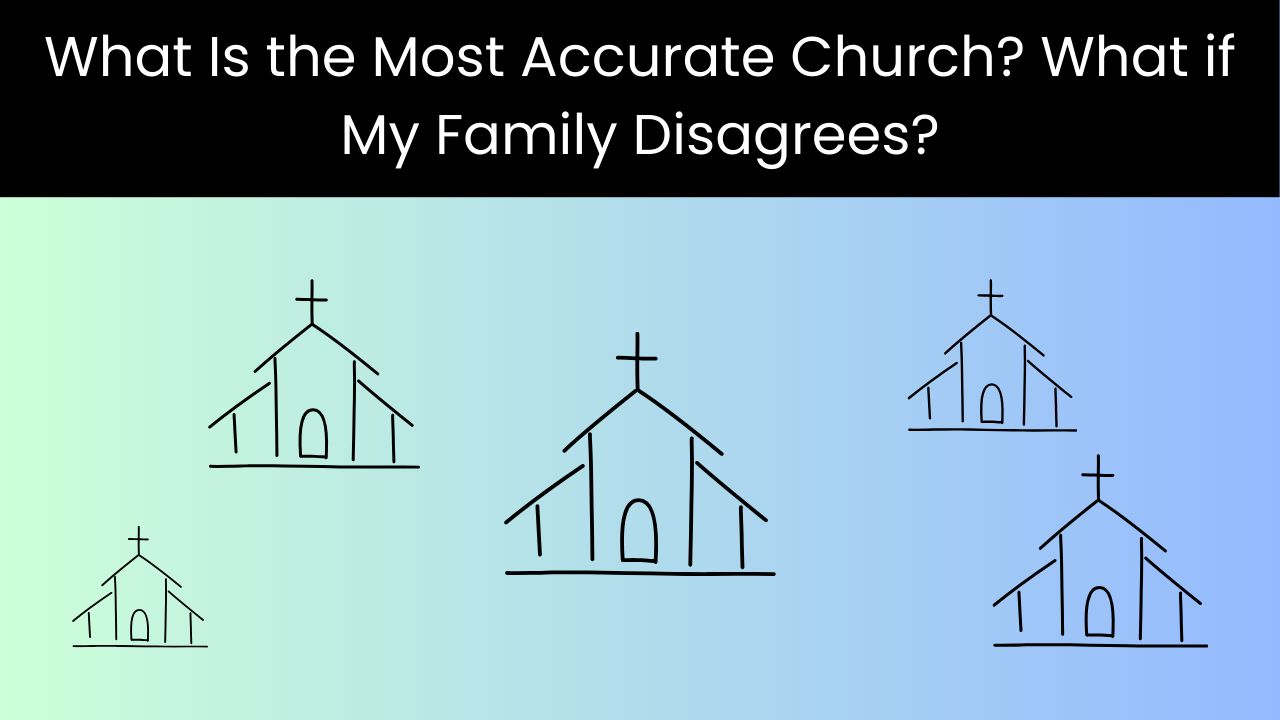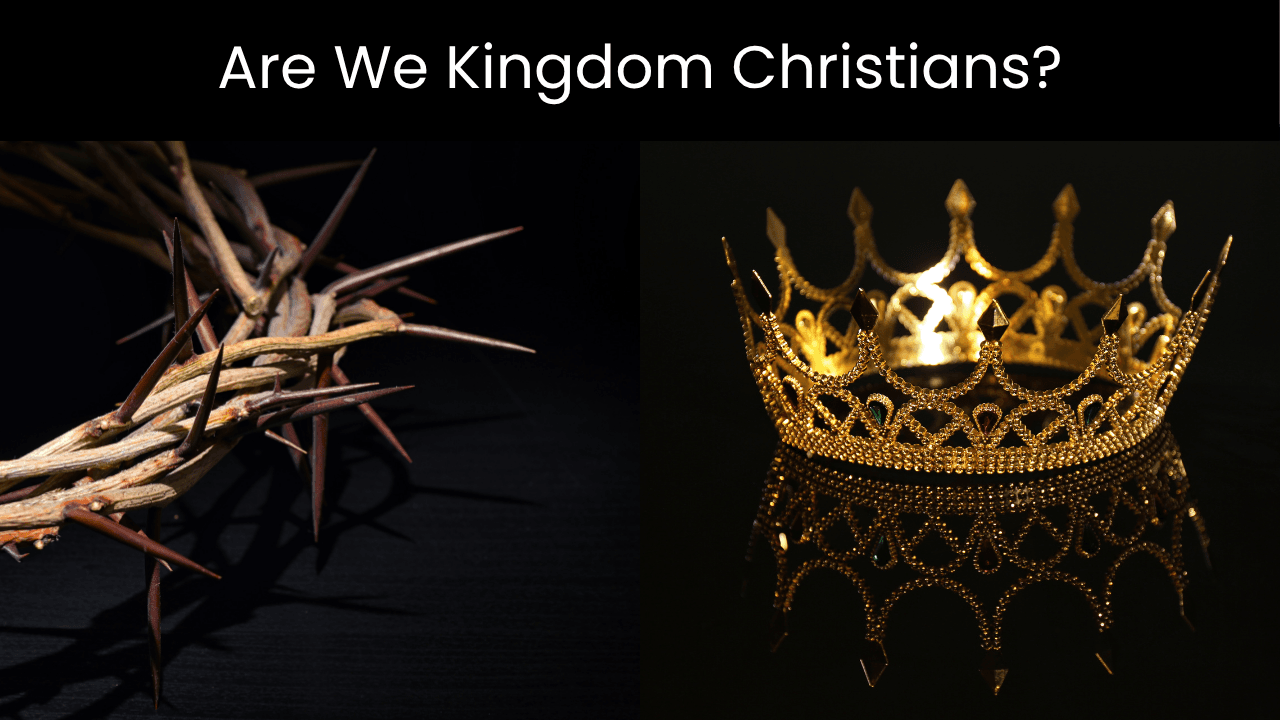Episode
270
Do Anabaptists Affirm Early Church Creeds?
June 5, 2025
Do Anabaptists Affirm Early Church Creeds?
A listener asked: “Which early church creeds can Anabaptists affirm?” Jaran, Marlin, and Reagan discuss how the Anabaptists have engaged with the Apostle’s Creed and the Nicene Creed. What did the early Anabaptists believe about the Creeds?
The Complete Writings of Menno Simons
Lecture on the Trinity with David Bercot
Christina Moss’ statement about Anabaptists and creeds
2024 Motion to Add the Nicene Creed to the Baptist Faith and Message
Approaching the Great Tradition
Tags:
Episode Guest Info
Marlin Sommers
Marlin lives in Southeast TN. He is married to Meredith and father to Zadok, Katherine, Job, Jude, and Charis. He is a philosopher and carpenter by training and currently serves with Anabaptist Perspectives and Starr Mountain Academy. The tagline for the latter organization expresses what he wants to be and wants to help others be: a worshipful knower and servant king.
Read MoreJaran Miller
Jaran Miller is a resident of Pennsylvania and a native of Tennessee. He received his K-12 education via homeschool, his college education at Lee University, and his most important education through the books he’s read and the human relationships he’s been privileged to have. Jaran enjoys living with his wife Sara. Together they engage in pursuits like playing the piano, reading books, and developing hospitality skills.
Read MoreEpisode Host
Reagan Schrock
Reagan is a member of Wellspring Mennonite Church and lives with his wife Patricia in southeast Tennessee. Reagan, along with Jaran, started Anabaptist Perspectives in 2017, and serves in leadership in the organization, in addition to being deeply involved in overseas missions work.
Read MoreRelated Content
Marlin Sommers
8 months ago
Thanks Quinton! I didn’t realize it was quoted there. I am curious if these were translation decisions or stem from a different text. On “hell”, I would prefer to follow the Bible translations that transliterate hades and do the same for the creed. It is hard for modern people to hear “hell” as anything other than gehenna/lake of fire. (But that would be just as strong a concern with reading “hades” passages from the KJV.) I know catholic is an unfamiliar term. I will admit that I like using it as a contrast to the Roman claims that they are uniquely the Catholic church. I see how these terms can be pastorally challenging to navigate in a congregration.
Conrad Hertzler
9 months ago
You all speculated about why, in our Mennonite churches, we don’t talk more about the creeds. I believe this is the case because the creeds, while they mention specifically the miraculous birth, death, resurrection, and future return of Jesus, they leave out a HUGE piece: that is the LIFE of Jesus. As Anabaptists, we view Scripture through the lens of Jesus and strive to walk as He walked. The creeds say virtually nothing about this, other than mentioning the Holy Universal Church. While it’s good to be reminded of the things that the creeds mention, we don’t typically emphasize those doctrinal things as conservative Mennonites. We are concerned more about the new birth and what it means for Jesus to be King in our lives. I would recommend N.T. Wright’s book, “How God Became King”. He makes this exact point about the creeds, and his point really struck home with me. Good discussion, though.
Marlin Sommers
8 months ago
Thanks Conrad! I am not quite sure what to make of that as a criticism of the Apostle’s and Nicene creeds. The “mere historical faith” that affirms things about Jesus without personal fidelity to the living Lord is certainly a problem and a temptation. But without a vivid awareness that Jesus is our one Lord, that he is the only son of God, that he suffered under Pontius Pilate, that he is ascended and is seated at the right hand of God, and that he will come to judge the living and the dead, our notions of obedience can become pretty flat. I don’t in fact think that Anabaptist theology is inappropriately humanistic, but I do see the danger there. And I certainly agree with the strong emphasis on knowing false and true prophets by their fruits.
Leave a Reply
“Using digital media to encourage allegiance to Jesus’ sacrificial kingdom.”









Quinton Wenger
8 months ago
Thanks for diving into this topic, I find it very interesting. I remember reading that one early Anabaptist leader was challenged on the creeds, and his response was, “we affirm them, but have no use for them”, I take his comment to mean that he was not in favor of chanting them at every worship service, like the Reformed and many others would still practice today. There are several versions of the Apostle’s Creed. The one that was used during your episode has 2 controversial parts. I feel that controversy over these two points, especially the first one is a reason that the Apostle’s Creed fell out of use among the Anabaptists. 1. “Jesus descended into hell (or hades)”. Old and New Testaments refers to this in a few places, but it is controversial whether it is stating simply “the grave” or actually the place that is “reserved for the devil and all his angels”. I am not going to argue either way, just that I am not comfortable affirming this version with this point and pressuring others to do the same. 2. “I believe in the holy catholic church”. Most Christians would not confuse with with the Catholic church, but there is still the possibility. Also, I am concerned that it could give a subtle hint at “exclusivity”. The Apostle’s Creed found on page 27 of the English Martyr’s Mirror has an “Anabaptist” version of the Apostle’s Creed that I can affirm and feel comfortable teaching. Point #5 it simply states, “Rose from the dead on the third day”. Point #9, it states, “I believe in a Holy general Christian church, the communion of saints.” I feel this states the Anabaptist position of the “holy general Christian Church” church much better. God Bless! QZW